Not the Same Anymore
By Amit Machamasi
Growing up in Bhaktapur, Nepal, I spent my childhood exploring this beautiful city, racing through its narrow alleys and taking in the charm of the traditional brick buildings and resting spots, or falchas, where locals would gather. Watching people tend to their fields, planting paddy and other crops, was once an everyday sight.
I still remember early mornings with my dad in the fields, harvesting cauliflower, cabbage, radish, and cucumber. Farming was our way of life, and we grew a lot. Traders would come to our hometown, collecting truckloads of vegetables harvested by farmers like us. Back then, more than half of our community relied on agriculture as their main income source, including my family. Those were bustling days, filled with the sights and sounds of a thriving farming community. Now, it feels like a distant memory.
The sound of birds chirping and rustling leaves would wake me up every morning.
On my way home from school, the farmers would greet me, “Aau, khaja khana,”
“come, eat some food.”
I would watch this city from a nearby hill, mesmerized by the beauty of the place; greenery all around, traditional houses adding splashes of brown to the green landscape, and farmers with family members working, laughing, and eating together. The surroundings seemed to exude fresh air, instilling in me a sense of hope and warmth of home simultaneously.
I now wake up to the sound of chickens clucking and bricks clashing with each other.
I wonder, where did the birds go?
This land, once dotted with terrace farms, has been turned into plots of sellable land and brick factories.
The hill itself, once full of trees, has been parceled out. The once-green has turned into a bare, deserted land. I no longer breathe in the fresh air; instead, this city is gasping for air amidst the smoke, noise, and pollution.
At present, Bhaktapur, known for its well-preserved traditional Newari architecture, temples, and rich cultural heritage, is a rapidly urbanizing city. The city I once knew has been completely transformed. Arable land is now hard to find. In the places where farmers used to plough their fields and plant crops, all I can see is bulldozers clearing land.
Today, my father often tells us to focus on finding a stable, permanent job or even a government position—something more secure than farming. I understand what he means; times have changed, and farming no longer provides the stability it once did.
It is quite obvious that a city has to change along with the times. As modernization accelerates, the community here has gradually changed their way of living. Most of the farmers began to shift to other occupations, leaving agriculture behind.
Many are building houses on personal land and renting out rooms, providing the people of Bhaktapur with a stable income. As a result, traditional brick buildings are being replaced by concrete structures, leading to urbanization.
In the past, the entire community would come together to help each other plant crops, making every planting season feel like a celebration. Unfortunately, this sense of companionship is now rare. With the limitations of agricultural work, farmers tend to hire outside laborers instead of relying on community support.
While witnessing these changes is sad in itself, what I find truly disheartening is hearing people talk about the need for development while justifying the reckless urbanization happening here. I acknowledge the necessity of development; the blacktopped roads around my home area, which replace what used to be muddy paths during rainfall, make traveling much easier. But constructing roads without proper studies has led to a lack of water in stone spouts, and an increasing number of brick kilns have degraded the air quality. Is this the development we want?
Thus, ‘Not the Same Anymore’ depicts the story of how my hometown became a victim of unplanned urbanization. With rapid population growth and commercialization, I worry that in 10 years this place will be nothing but a concrete jungle.
Photos & writing by Amit Machamasi
Editing by Mei Seva
Take your photographic storytelling skills to the next level by joining The Raw Society on one of our on-location workshops.
Learn more and book your spot →



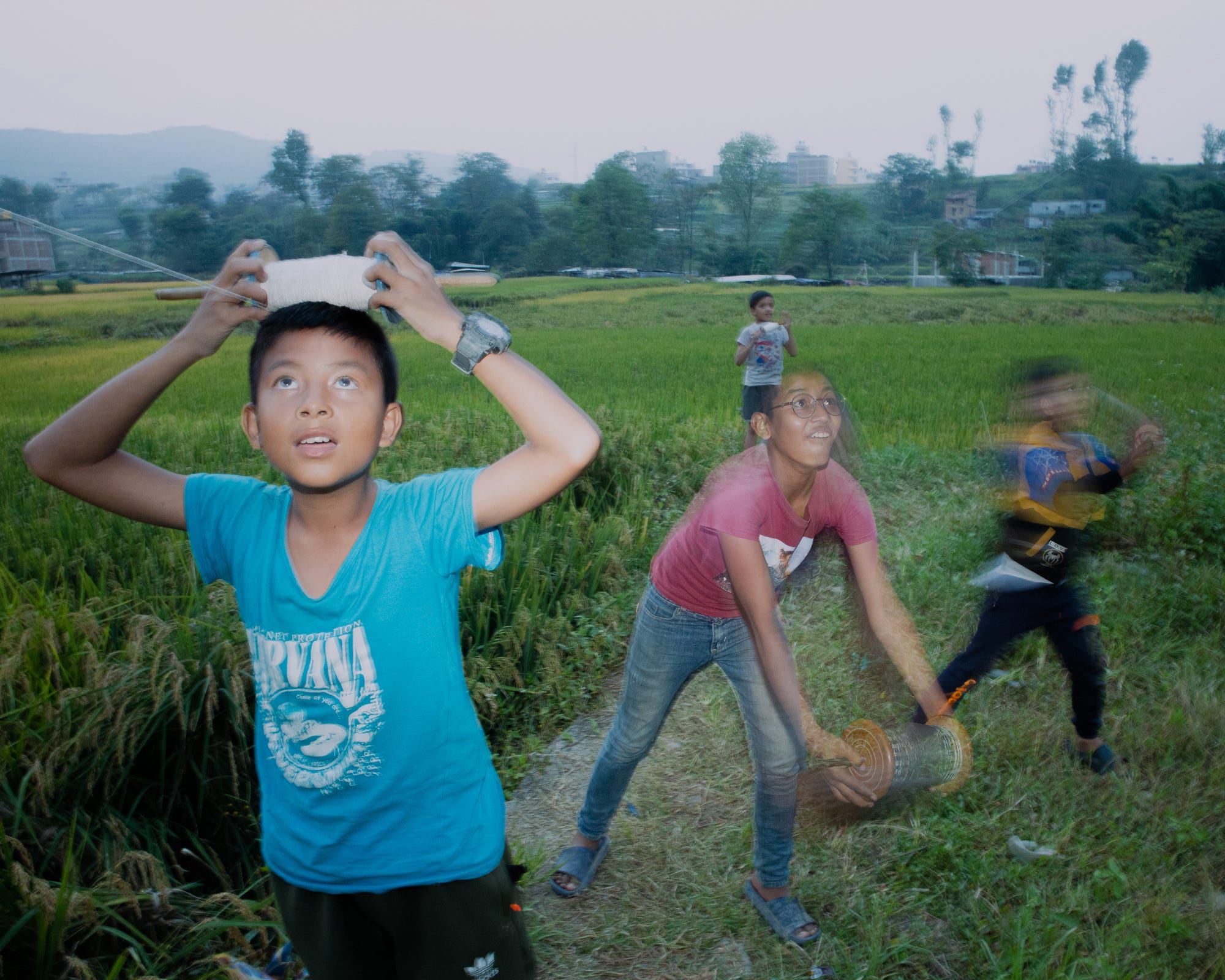
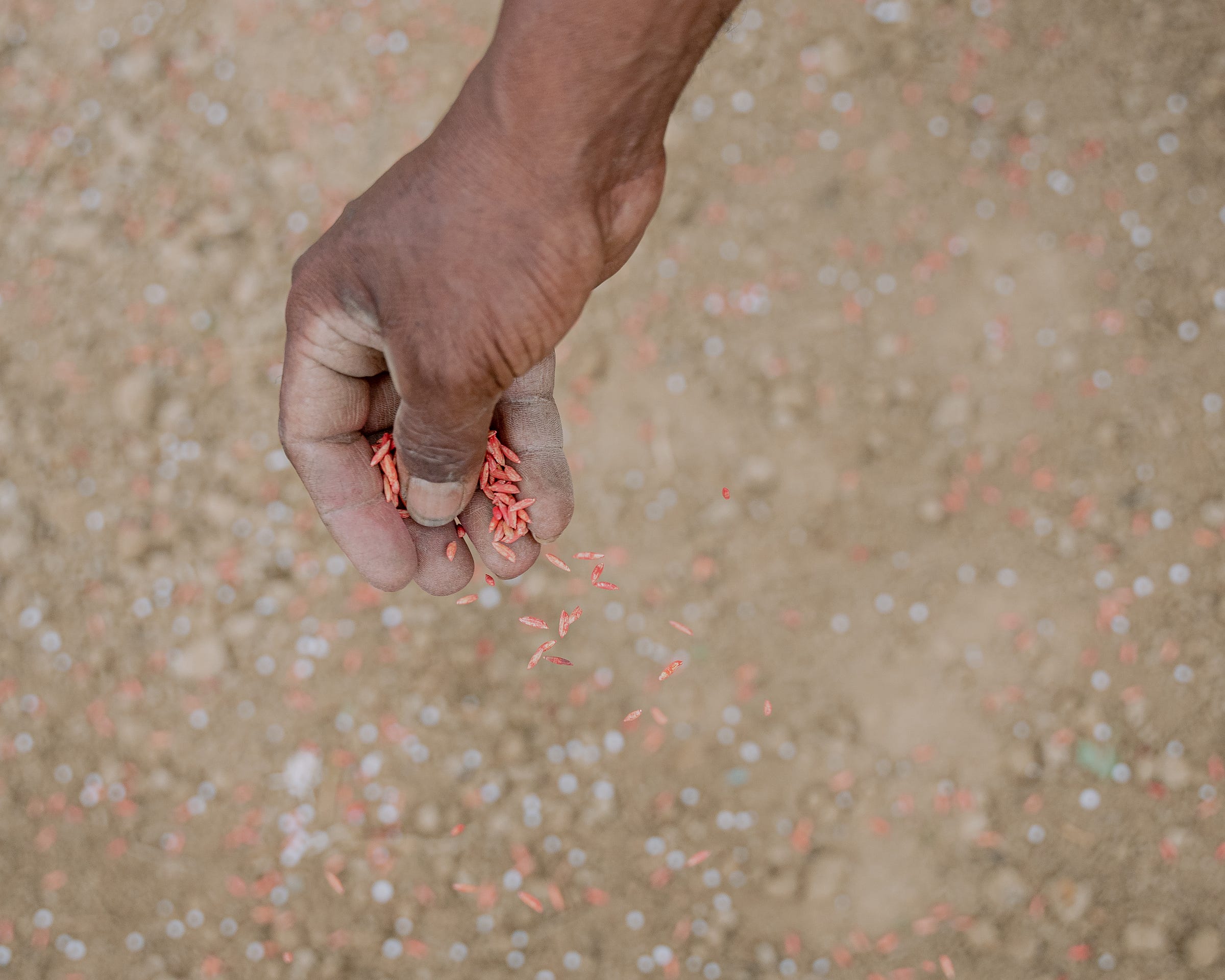
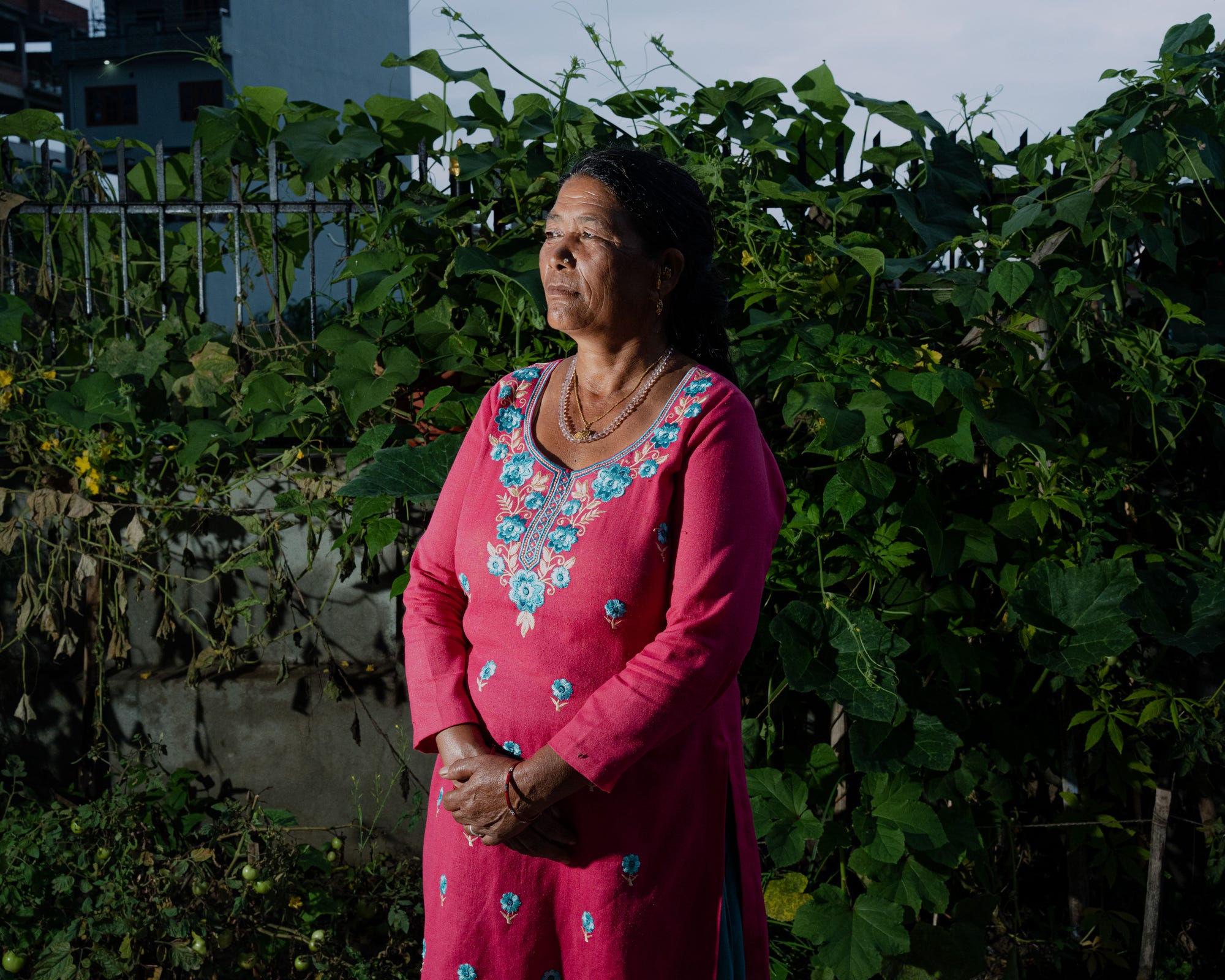
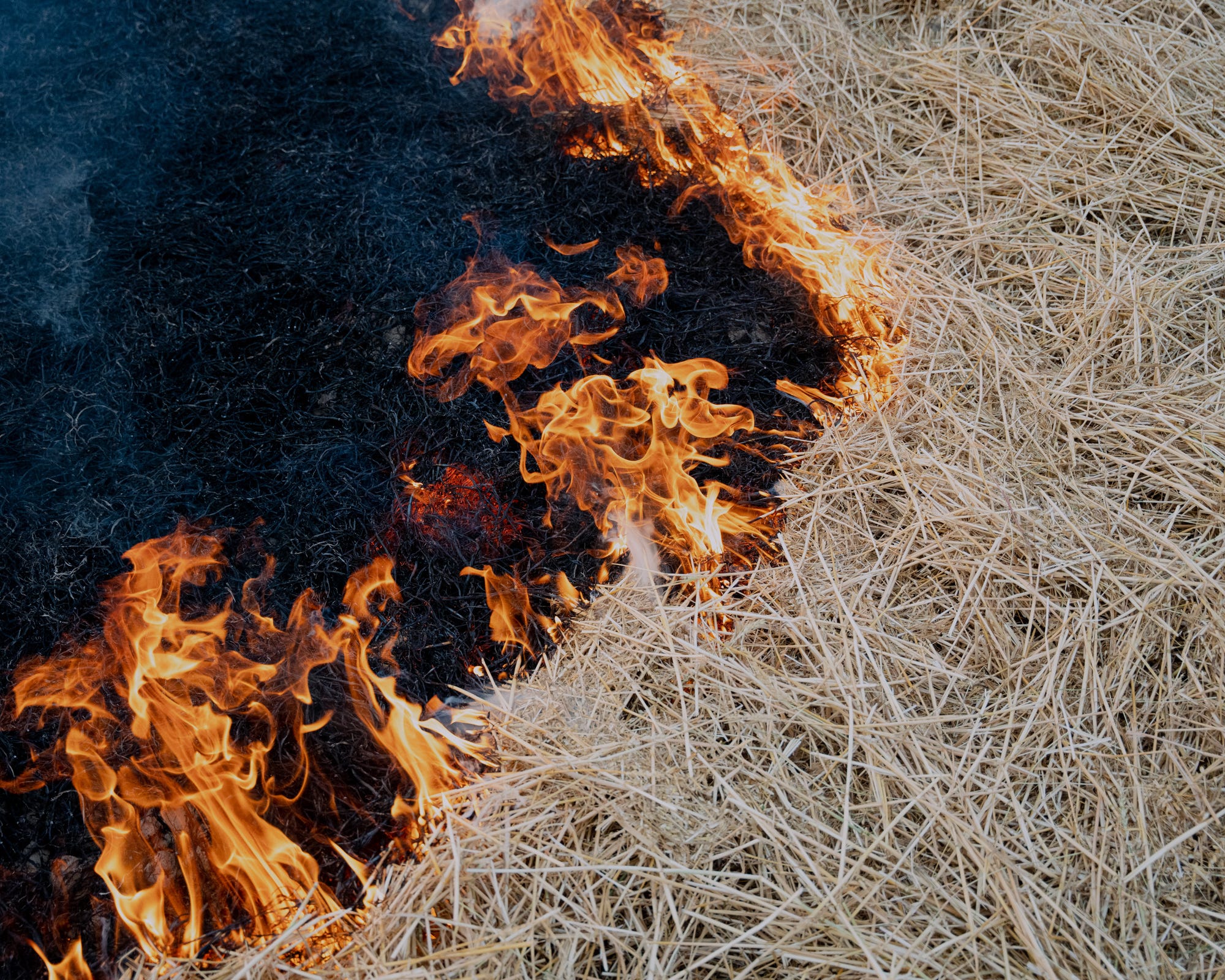


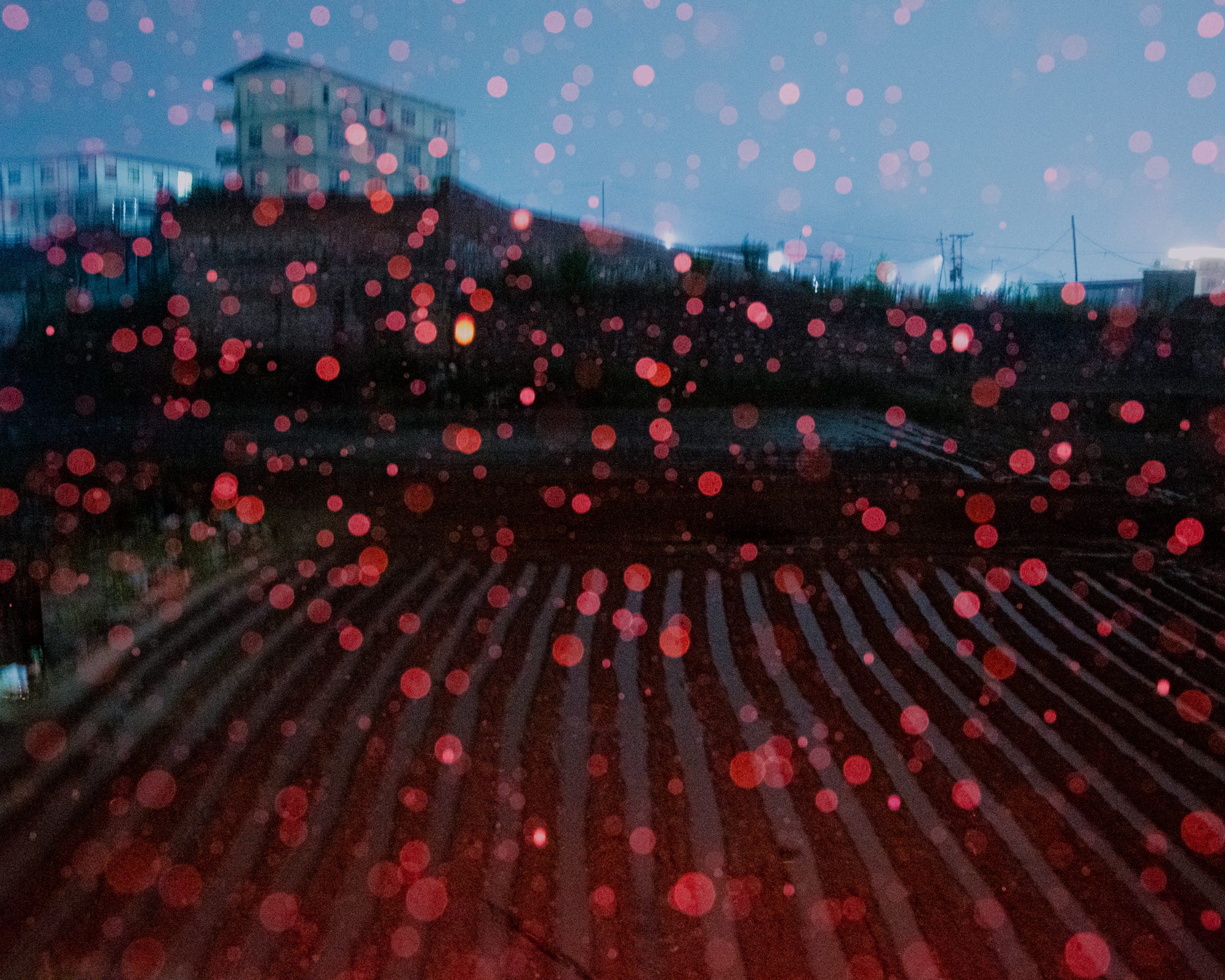
I feel transported when I look at these
I write as someone living in a concrete jungle (Istanbul). These fears are perfectly justified as long as the people who rule countries worship money and strive to grow their countries like cancer cells.
Note: By the way, I used to be a flight attendant and have had the opportunity to fly to Kathmandu many times. Bhaktapur is one of my favorite places to go, despite its dusty weather.